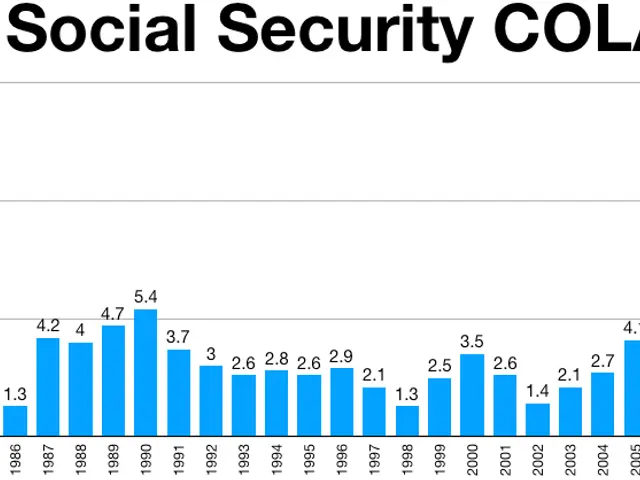Effective retirement tax planning tactics to truly make a difference
In the quest for a comfortable retirement, effective tax planning plays a crucial role in extending the longevity of savings and ensuring healthy investment returns. Here are some key strategies to help retirees navigate tax efficiency, withdrawal sequencing, and investment choices.
Firstly, maximising contributions to tax-advantaged retirement accounts is essential. Fully funding tax-deferred accounts like 401(k)s, IRAs, and SEP IRAs can significantly reduce taxable income during working years. For retirees in the U.S., Roth accounts offer tax-free withdrawals, adding flexibility to tax planning since Roth distributions are not taxed.
Secondly, developing a tax-efficient investment portfolio is vital. Investing wisely in low-cost, tax-efficient funds or ETFs through taxable brokerage accounts can help reduce taxable income over time. Strategically harvesting tax losses can further minimise taxable income.
Thirdly, implementing a strategic withdrawal sequence in retirement can help manage tax brackets efficiently. A common approach is to withdraw first from taxable accounts, then tax-deferred accounts, and lastly Roth accounts. Proportional withdrawal strategies can also help spread taxable income evenly throughout retirement, lowering taxes on Social Security benefits and Medicare premiums.
Fourthly, exploiting tax thresholds and deductions can eliminate federal income tax liability on distributions. In the U.S., married couples filing jointly in 2025 can receive up to $126,700 of taxable income without paying federal income tax by using the standard deduction plus the 0% long-term capital gains bracket.
Fifthly, for those in countries like India, income splitting and exemptions can be leveraged to reduce taxable income. This can involve splitting income between spouses to use multiple tax slabs and exemptions, or utilising specific deductions like Section 80TTB for seniors.
Lastly, for high-net-worth individuals, leveraging charitable giving and estate planning strategies can help reduce taxable income and preserve wealth. Donating appreciated assets instead of cash, or establishing donor-advised funds or trusts like Grantor Retained Annuity Trusts (GRATs), can provide significant tax benefits.
In addition to these strategies, retirees in India can consider Bajaj Finance Fixed Deposits. These offer higher exemption limits for senior citizens, and senior citizens can avail interest rates up to 7.30% p.a. The tenures for these Fixed Deposits range up to 60 months. It is possible to open a Fixed Deposit with Bajaj Finance, making it an attractive option for those looking to secure their retirement savings.
By implementing these strategies and considering options like Bajaj Finance Fixed Deposits, retirees can ensure they access their funds while minimising tax erosion, preserving capital for longer, and maintaining healthy after-tax returns throughout retirement.
Personal finance and wealth management are crucial in retirement, as they help extend the longevity of savings and ensure healthy investment returns. To maximize retirement savings, it's essential to make full use of tax-advantaged accounts like 401(k)s, IRAs, and SEP IRAs, and consider Roth accounts for their tax-free withdrawals. Additionally, developing a tax-efficient investment portfolio is vital, which can be achieved by investing wisely in low-cost, tax-efficient funds or ETFs.






